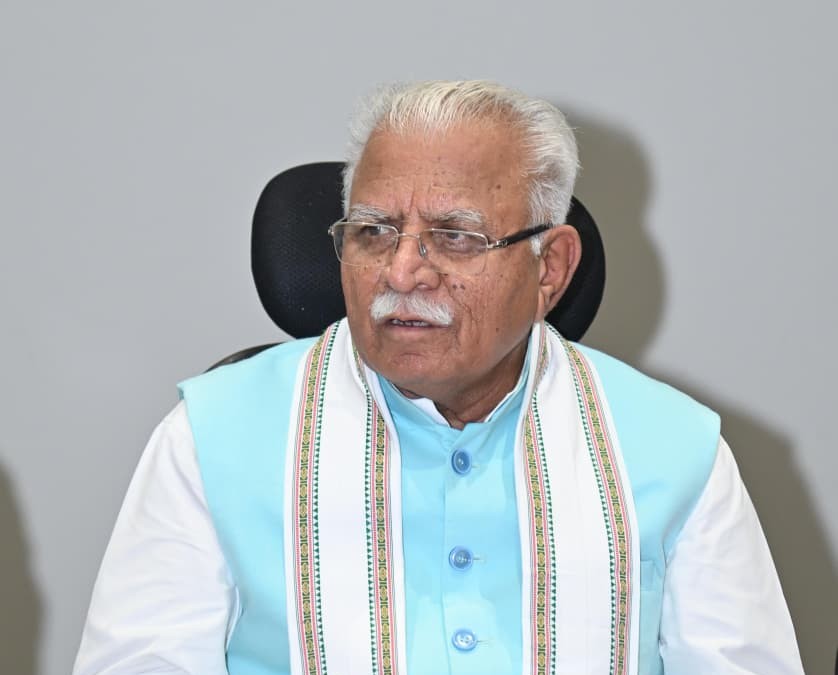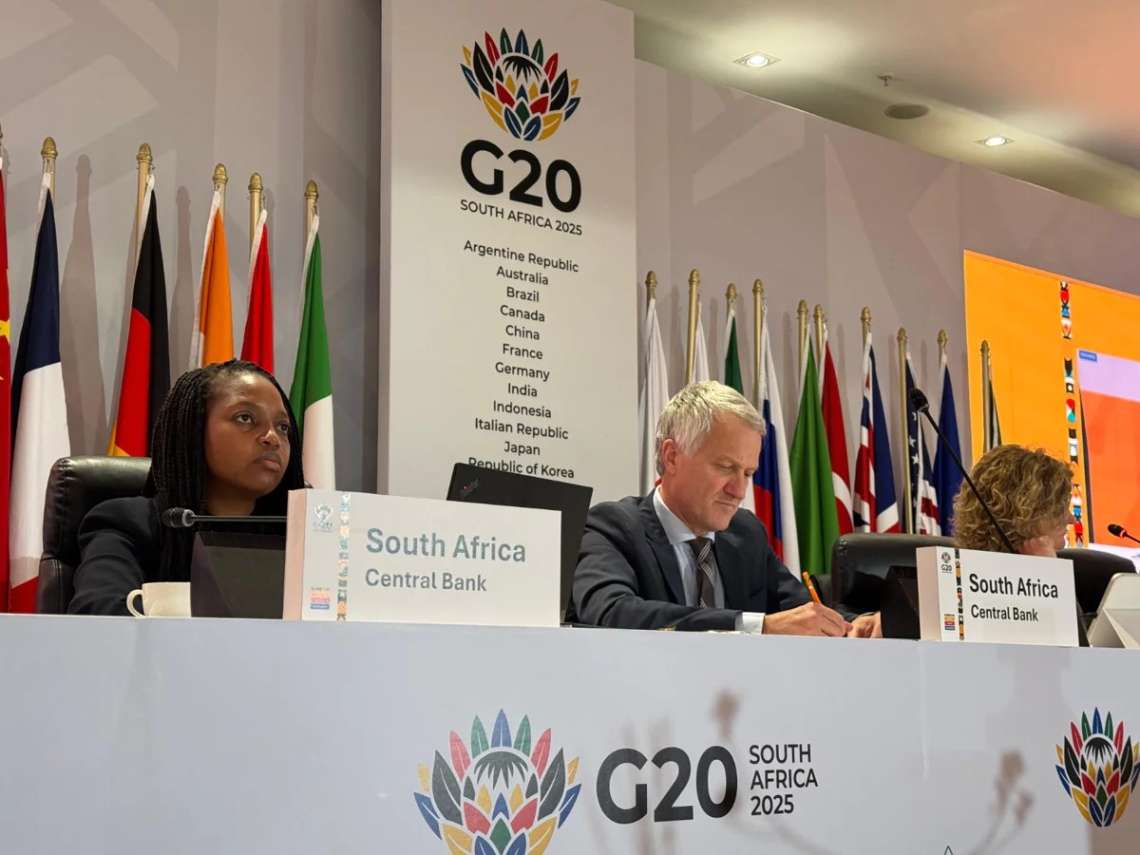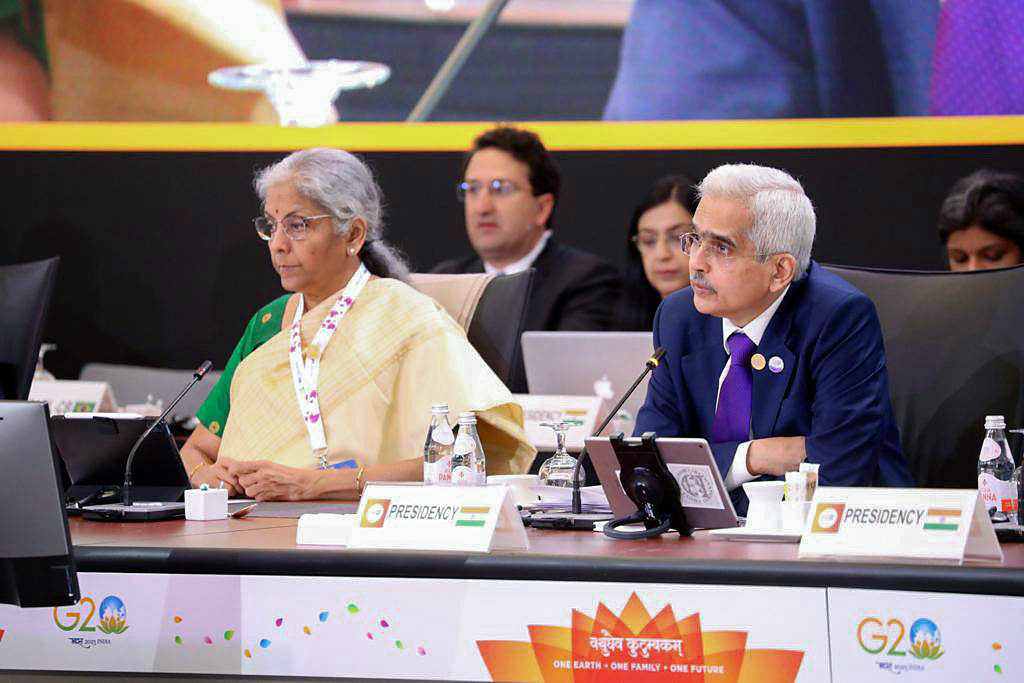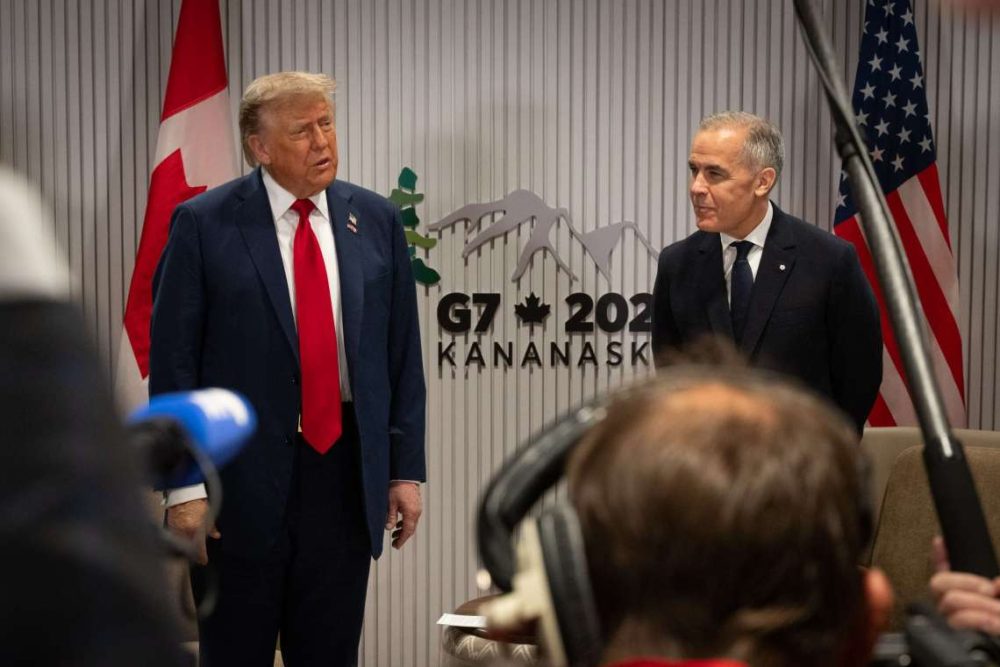The definition has a crucial impact on government schemes, tax exemptions, and incentives…reports Asian Lite News
G20 nations are expected to agree on a common definition for startups by July, enabling effective policymaking across members and potentially resolving current challenges surrounding the valuation and taxation of startups, Indian government officials said.
The foundation and alliances working group under the Startup-20 Engagement Group, created during India’s G20 presidency in 2023, is leading discussions to establish consistent terminology across member nations to define investments, funding, and other related terms for startups in the ecosystem.
“We already have had two discussions on it, and we are hoping we will come out with a single communique by the fourth meeting that will define startups uniformly across G20 countries. It should be out by 3-4 July,” a government official said.
India’s department for promotion of industry and internal trade (DPIIT) currently defines a startup as an entity up to 10 years from its incorporation date, with sales of less than ₹100 crore in any financial year. There are over 97,000 recognized startups under DPIIT.
The definition has a crucial impact on government schemes, tax exemptions, and incentives. Therefore, any change in the definition could have significant consequences for the startup ecosystem, particularly concerning valuations and taxation.
“Such a definition will impact policymaking…Any startup which wants to raise money wants to do that on a higher value. But they will be taxed more [under] income tax. That is the issue. But the idea of a startup is to get valuations on future growth prospects. So the two arms of the government need to sit and talk,” the official said, requesting anonymity.
Meanwhile, the government is working to resolve concerns regarding the angel tax levied on the capital raised by an unlisted company by selling shares to investors above the fair market value.
Officials said harmonizing norms for the global startup ecosystem could resolve the differences between how startups are valued by global markets and how they are valued for taxation. These challenges are particularly relevant for India’s startup ecosystem amid tightening global liquidity conditions.
Funding for Indian startups fell over 75% to $2.8 billion in the March quarter, according to market intelligence platform Tracxn, compared to $11.9 billion the year earlier. Moreover, at least 11 tech startups laid off 1,400 workers in the first two weeks of 2023, accounting for 7.3% of the total layoffs by startups in 2022 as companies attempt to cut costs amid economic uncertainty.














